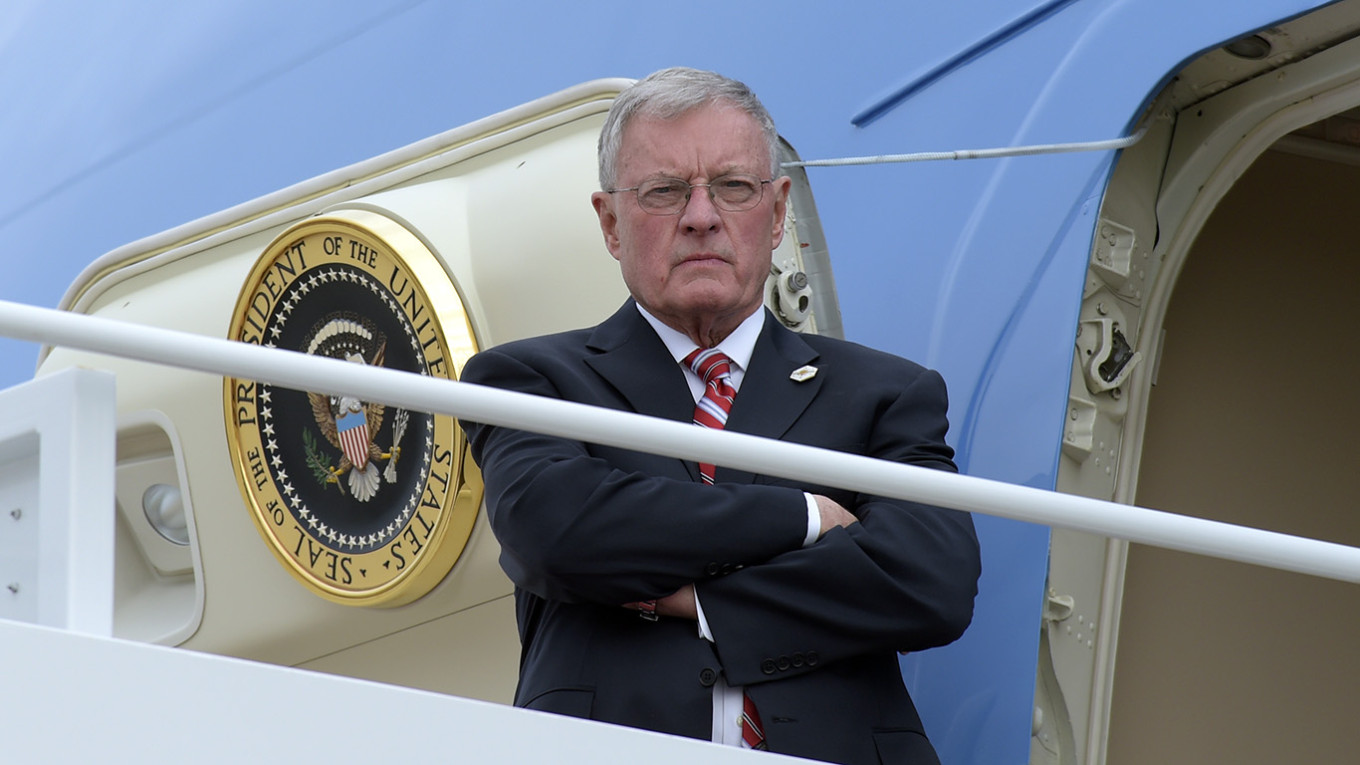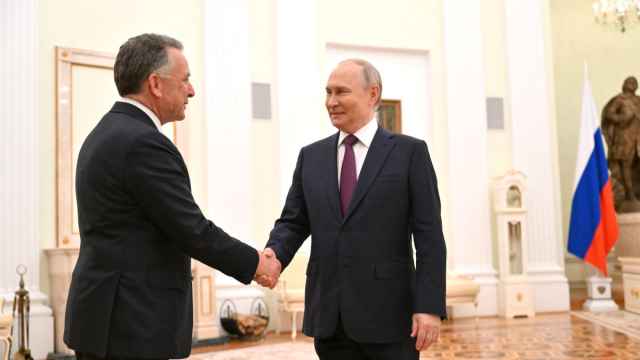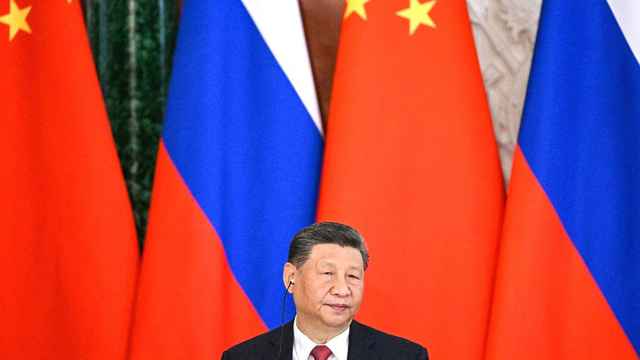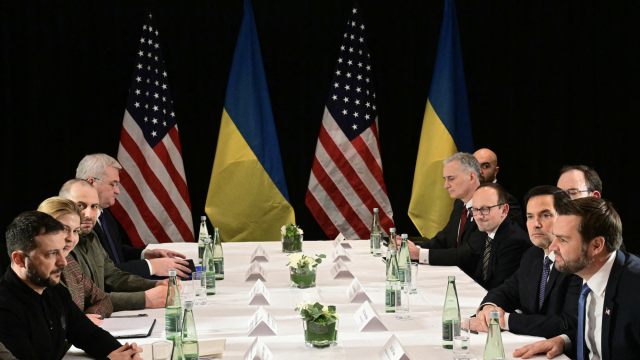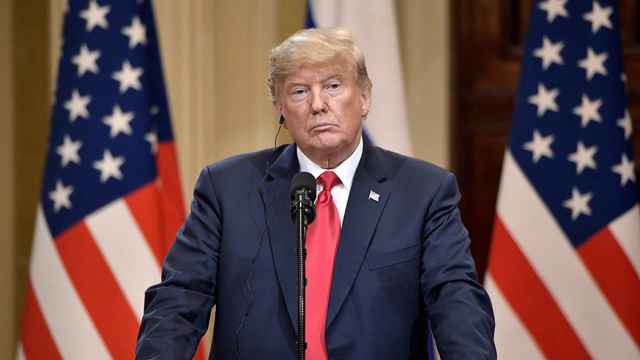President-elect Donald Trump has nominated retired General Keith Kellogg as a special envoy to Ukraine and Russia to execute his campaign promise to end the Russia-Ukraine war within a day.
Kellogg, a retired lieutenant general and decorated Vietnam War veteran, was the national security adviser to Trump and Vice President Mike Pence during the president-elect’s first term.
He would play a central role in peace talks aimed at ending Russia’s nearly three-year invasion of Ukraine, should Moscow and Kyiv agree to take part in them.
Indications of his stance on the Russia-Ukraine war can be found in “America First, Russia & Ukraine,” an April strategy paper he co-authored while serving as co-chairman of the Center for American Security at the America First Policy Institute think tank.
The paper argued that it was in the best interests of Ukraine, the United States and the rest of the world to “seek a ceasefire and negotiate a peace agreement with Russia.”
Kellogg and co-author Fred Fleitz, former chief of staff of the National Security Council, blamed President Joe Biden’s “incompetence as a world leader and his chaotic foreign policy” for the Russian invasion of Ukraine, which he called an “avoidable tragedy.”
Many critics of military aid to Kyiv are concerned with whether vital strategic U.S. interests are at stake and if Washington is actually engaged in a proxy war that could escalate into a nuclear conflict, the paper said.
“They also see the need to establish a plan to end this war and not simply provide weapons for a conflict that appears to have become a long-term stalemate,” said Kellogg and Fleitz’s research report.
The necessary “America First” approach, it argued, requires a strong U.S. military, “prudent” use of military force and “working in alliances and with partners to promote regional security while requiring alliance members and allies to carry their full weight in defending security in the region.”
The paper hailed Trump’s “transactional” approach to U.S.-Russia relations that included over 17 phone calls and five in-person meetings during his first term.
“Trump used his experience as a dealmaker to find ways to coexist and lower tensions with Putin while standing firm on American security interests,” Kellogg and Fleitz wrote.
The research report pointed to Putin’s pre-invasion essay, “On the Historical Unity of Russians and Ukrainians,” in which Putin says Ukraine’s sovereignty is intertwined with Russia and Ukraine exists on Russian historical lands. Kellogg and Fleitz called Putin’s claim that Ukraine needed to be de-Nazified “ridiculous.”
“The Biden approach put the idealistic agendas of the global elite ahead of a working relationship with Russia. Biden was not interested in working with Putin. He wanted to lecture and isolate him,” the paper said.
The Ukraine conflict has depleted weapons stockpiles in Europe and the U.S. as well as bred divisions among European countries.
“To convince Putin to join peace talks, President Biden and other NATO leaders should offer to put off NATO membership for Ukraine for an extended period in exchange for a comprehensive and verifiable peace deal with security guarantees,” Kellogg and Fleitz’s report said.
President-elect Trump, who has opposed increasing aid to Ukraine, has repeatedly said he would end the Russia-Ukraine war within 24 hours if re-elected, but has not specified how he would do so.
Earlier media reports said Trump had considered appointing Richard Grenell as the special peace envoy for the region. Grenell had hoped to become Secretary of State before Trump nominated Senator Marco Rubio for the role. He also has a credential within the first Trump administration in conflict resolution, having served as a special envoy to mediate the conflict between Serbia and Kosovo.
A Message from The Moscow Times:
Dear readers,
We are facing unprecedented challenges. Russia's Prosecutor General's Office has designated The Moscow Times as an "undesirable" organization, criminalizing our work and putting our staff at risk of prosecution. This follows our earlier unjust labeling as a "foreign agent."
These actions are direct attempts to silence independent journalism in Russia. The authorities claim our work "discredits the decisions of the Russian leadership." We see things differently: we strive to provide accurate, unbiased reporting on Russia.
We, the journalists of The Moscow Times, refuse to be silenced. But to continue our work, we need your help.
Your support, no matter how small, makes a world of difference. If you can, please support us monthly starting from just $2. It's quick to set up, and every contribution makes a significant impact.
By supporting The Moscow Times, you're defending open, independent journalism in the face of repression. Thank you for standing with us.
Remind me later.


